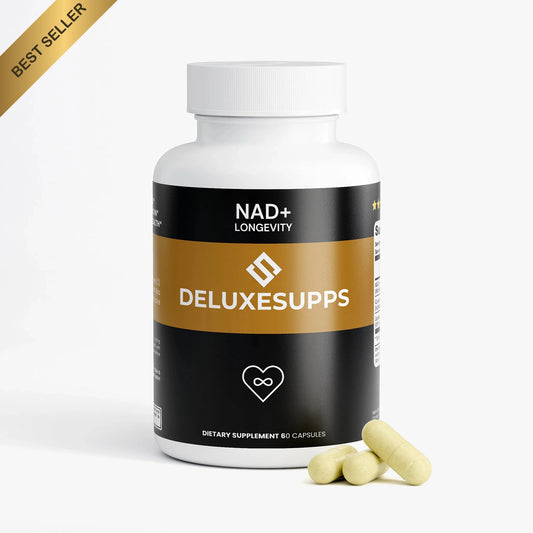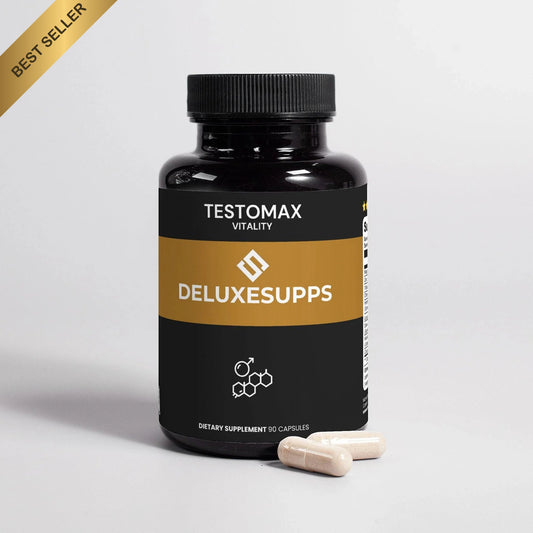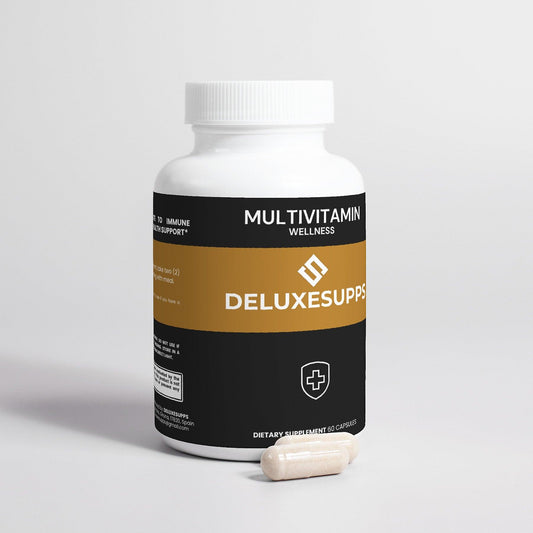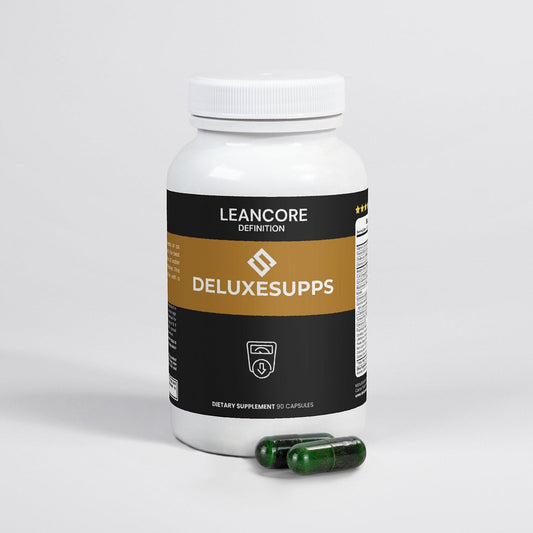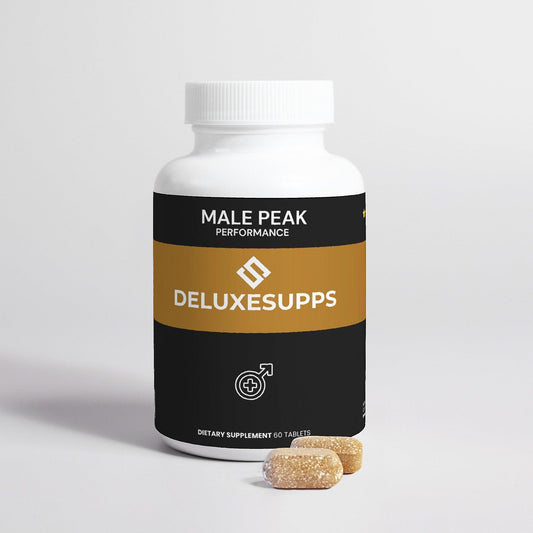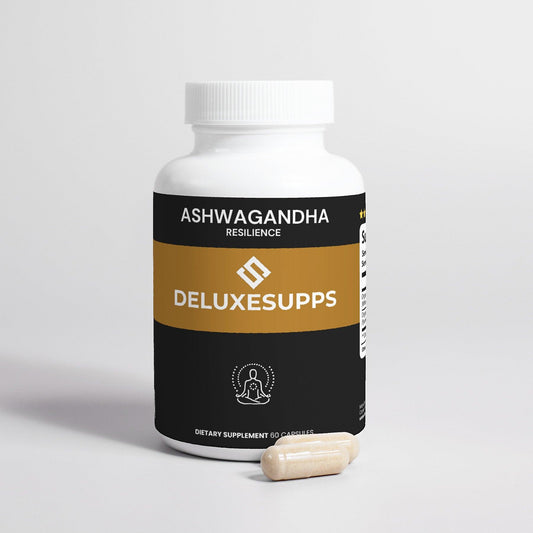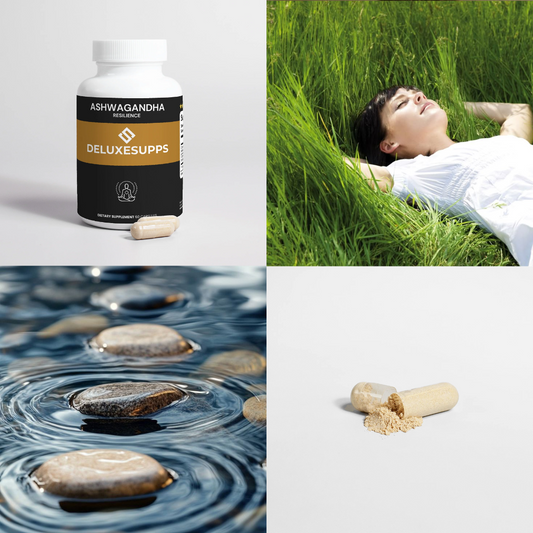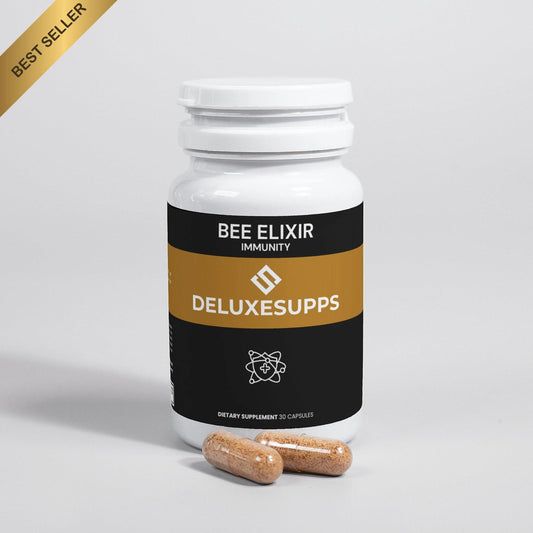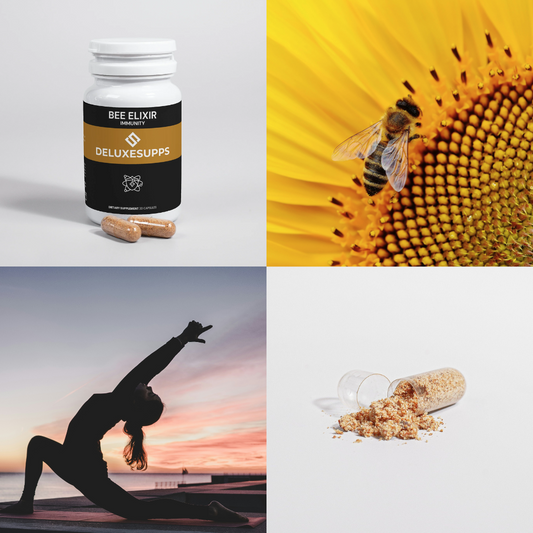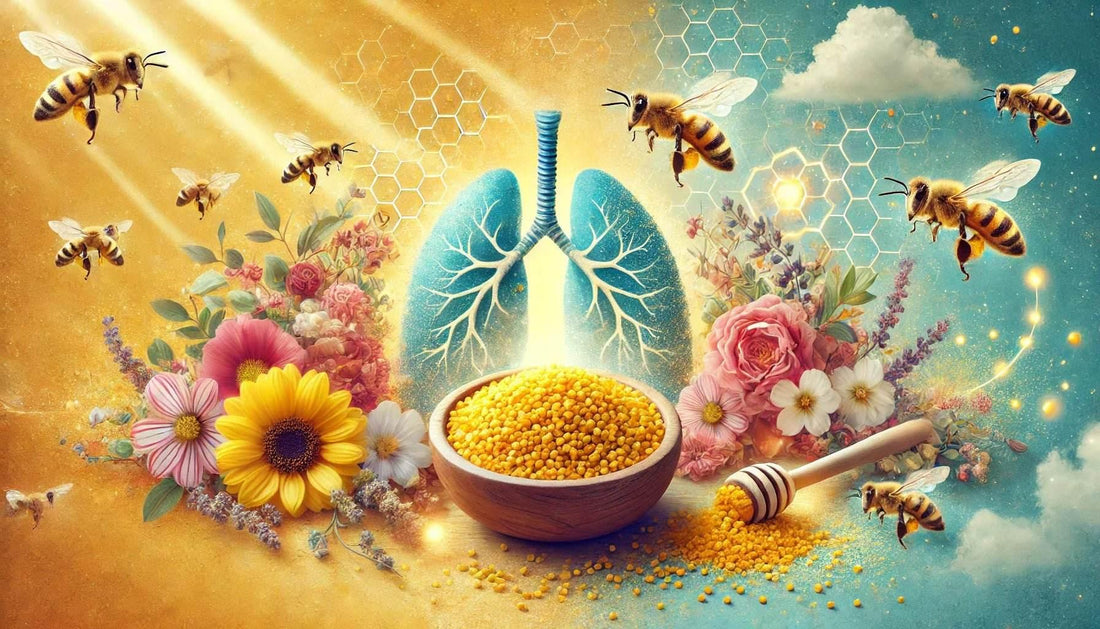Allergies affect millions of people worldwide, causing symptoms like sneezing, itchy eyes, and congestion. Many individuals turn to natural remedies for relief, and bee pollen has gained popularity as a potential solution. Proponents claim it can desensitize the body to allergens and strengthen the immune system. But is bee pollen truly a miracle for allergies, or is it just another health trend? Let’s explore the science behind bee pollen’s role in allergy relief.
1. What Is Bee Pollen?
Bee pollen is a nutrient-dense substance made from flower pollen, nectar, and enzymes collected by honeybees. It’s considered one of nature’s most complete foods, containing:
- Proteins: Including essential amino acids
- Vitamins and Minerals: Rich in B-complex vitamins, vitamin C, and zinc
- Antioxidants: Flavonoids and phenolic acids that combat inflammation
2. How Does Bee Pollen Work for Allergies?
The theory behind using bee pollen for allergies is based on a concept similar to allergy immunotherapy:
A. Desensitization
Bee pollen contains small amounts of allergens from the environment. By consuming these allergens in trace amounts, your immune system may gradually become less reactive to them, reducing allergy symptoms over time.
B. Strengthens the Immune System
Bee pollen is rich in antioxidants and anti-inflammatory compounds, which can help modulate the immune system and reduce the severity of allergic reactions.
C. Reduces Histamine Release
Studies suggest that bee pollen may inhibit the release of histamines, the chemicals responsible for allergy symptoms like sneezing and itching.
3. Scientific Evidence on Bee Pollen for Allergies
While there is limited research on bee pollen specifically for allergies, some studies show promise:
- A study published in the Journal of Ethnopharmacology found that bee pollen reduced histamine production in animal models, alleviating symptoms of allergic rhinitis.
- Anecdotal evidence suggests that local bee pollen may help individuals build tolerance to regional allergens, though more research is needed to confirm this.
4. Benefits of Bee Pollen for Allergy Relief
A. Natural Antihistamine
Bee pollen’s ability to inhibit histamine release can help alleviate common allergy symptoms like sneezing, runny nose, and itchy eyes.
B. Reduces Inflammation
Chronic inflammation can worsen allergy symptoms. Bee pollen’s anti-inflammatory properties can help reduce swelling and irritation, making it easier to breathe.
C. Supports Respiratory Health
Bee pollen may improve lung function and reduce mucus production, offering relief from congestion and other respiratory issues related to allergies.
5. How to Use Bee Pollen for Allergies
If you’re considering bee pollen for allergy relief, follow these tips:
A. Start Small
Begin with a very small amount (1/4 teaspoon) to ensure you don’t have an allergic reaction, especially if you’re trying bee pollen for the first time.
B. Use Local Bee Pollen
Consuming pollen from local bees is thought to be more effective for allergy relief, as it contains allergens specific to your environment.
C. Gradually Increase Your Intake
If tolerated well, gradually increase your dose to 1-2 teaspoons daily. You can add it to:
- Smoothies
- Yogurt or oatmeal
- Salads or soups
6. Who Should Avoid Bee Pollen?
While bee pollen is generally safe, certain individuals should avoid it:
- Allergic to Bees or Pollen: If you have severe allergies, bee pollen could trigger an allergic reaction.
- Pregnant or Breastfeeding: Consult a healthcare provider before use.
- Young Children: Avoid giving bee pollen to children under one year old.
7. Bee Pollen vs. Other Natural Allergy Remedies
| Remedy | Benefits | Drawbacks |
|---|---|---|
| Bee Pollen | May desensitize allergens, boosts immunity | Limited research, potential for reactions |
| Honey | Soothes throat, mild desensitization | High sugar content |
| Quercetin | Natural antihistamine | Requires supplementation |
| Probiotics | Improves gut health, boosts immunity | Effects may take time to show |
8. Is Bee Pollen a Miracle for Allergies?
While bee pollen offers promising benefits for allergy relief, it’s important to note that it’s not a guaranteed cure. The effectiveness of bee pollen depends on factors like:
- The severity of your allergies
- Your body’s response to the pollen
- The quality and source of the bee pollen
9. Tips for Success with Bee Pollen
If you decide to try bee pollen for allergy relief, keep these tips in mind:
- Consistency Is Key: Regular use is essential to build tolerance over time.
- Choose High-Quality Products: Opt for organic, raw, and local bee pollen.
- Monitor Your Symptoms: Keep track of your allergy symptoms to evaluate its effectiveness.
Conclusion
Bee pollen shows great potential as a natural remedy for allergies, offering benefits like immune support, reduced inflammation, and antihistamine effects. While it’s not a guaranteed cure, it can be a helpful addition to your allergy management routine.
As with any supplement, consult your healthcare provider before starting bee pollen, especially if you have severe allergies or underlying health conditions. With consistent use and the right approach, bee pollen may help you breathe easier and enjoy the changing seasons without discomfort. 🌼✨
